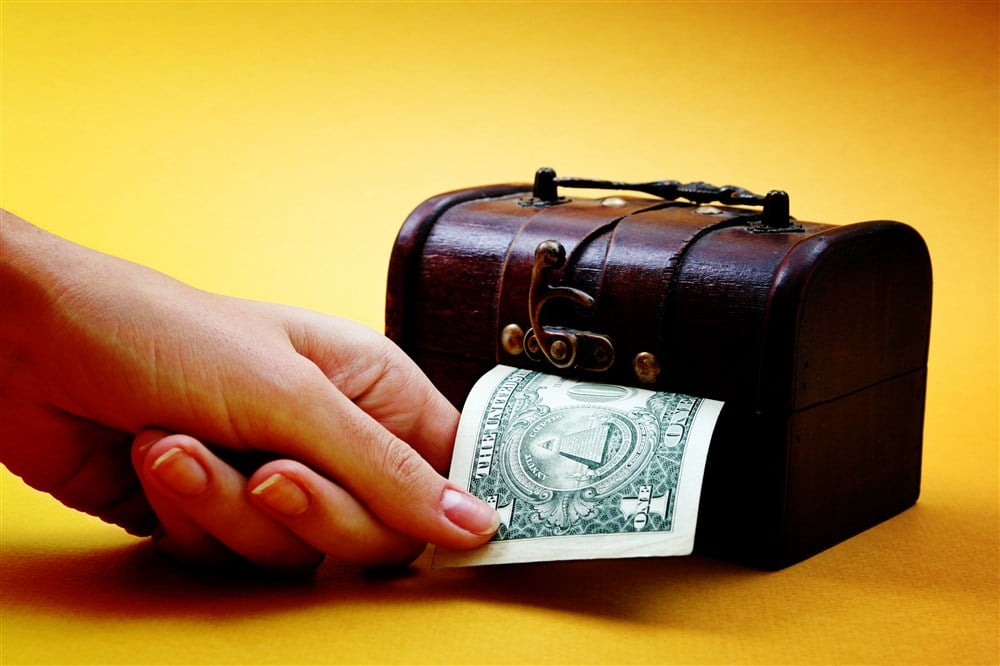
When optimism takes over the masses, you can bet your bottom dollar that herd behavior will cause investors and markets to follow into hype-related stocks, typically high beta ones. Some examples of these businesses could be consumer discretionary stocks. These companies rely on the optimism in the economy to cause consumers to spend less responsibly.
If that makes sense to you and you are willing to accept the thesis, then you understand that the opposite is true. When the economy is uncertain - such as today - consumer staples tend to draw in all the attention and capital.
If you want proof that this thesis is playing out in 2023, here are some numbers to consider:
The Consumer Discretionary Select Sector SPDR Fund (NYSEARCA: XLY) has outperformed the indexes by 17.2% during this period. On the other hand, the Consumer Staples Select Sector SPDR Fund (NYSEARCA: XLP) has underperformed by declining as much as 7.2% year-to-date.
If the economy continues to weaken, those numbers will flip. Before that pivot arrives, there are a few names that MarketBeat would like to share with you. These names carry high upside potential and are just the type of value the smart money will likely seek. Ready, set, go!
Price Tag Quality
Like any product or service, you'll find that choosing the cheapest option typically brings you some sort of headache shortly after, making you wish you would have preferred the slightly more expensive alternative. Stocks are sometimes the same way, within reason.
Choosing to value the average forward price-to-earnings multiples within the consumer staples ETF, you can go to MarketBeat's stock screener to filter for high PE stocks; the outliers will present themselves to you and work from there.
You'll find that, to stay above the sector's average 16.5x multiple, names like The Boston Beer Company (NYSE: SAM), Krispy Kreme (NASDAQ: DNUT), and RH (NYSE: RH) are clear outliers, each with their respective bullish factors.
Let's start with the leader: Boston Beer is trading today for a 37.6x multiple, 128% above the sector! There must be something special going on with this stock that makes investors like yourself perceive quality that justifies this price.
The answer is found in earnings growth expectations. While the sector expects an average earnings per share (EPS) growth rate of 15.3% for the next twelve months, Boston Beer knocks it out of the park with an expected EPS growth of 35.3%, according to analyst expectations. Okay, you can forgive markets for being willing to overpay a bit for sector-leading growth.
What about Krispy Kreme? No matter the market environment, Wall Street still expects its interns to go on coffee and donut runs, so analysts have assigned a consensus price target of $16.0 a share for this stock, implying a 26.8% upside from today's prices.
Remember the sector average EPS growth? Krispy Kreme is expected to bump theirs by 22.8%, a whole 50% above the sector. It makes sense to be flexible on the stock price, doesn't it?
Finally, RH is not too far behind these two despite only trading at an 18.2x multiple, a 10.0% premium to the sector. Where this stock shines is its growth expectations and price target, worthy of a much larger multiple, but then again, value investing wins, right?
Analysts have placed a consensus price target of $326.5 a share on this stock, requiring the price to rally by a massive 44.5%. The driver? Expectations of a 45.7% jump in EPS for the next twelve months.
Smart Money Has Spoken
Do you know those guys in dark suits that people call 'masters of the universe'? They usually walk into office buildings and work for BlackRock (NYSE: BLK) and Goldman Sachs (NYSE: GS) and make calls on where the market will go next.
In the latest round of quarterly results, these names have advised their clients - or so it seems - to get out of equities and invest in bonds or anything that offers an inflation-beating yield. However, behind the scenes, they've left some breadcrumbs.
For all of these consumer staple names, there is one thing in common you would not expect. BlackRock is the largest shareholder for each, owning more than 3.0% and even 5.0% in each name. It seems, then, that the above-sector valuations don't bother them.
Should they be a worry for you, then? That is not likely, especially knowing the bullish sentiment surrounding these names. Betting against the market is often futile, so do yourself - and your retirement - a favor and add these to your watchlist.

